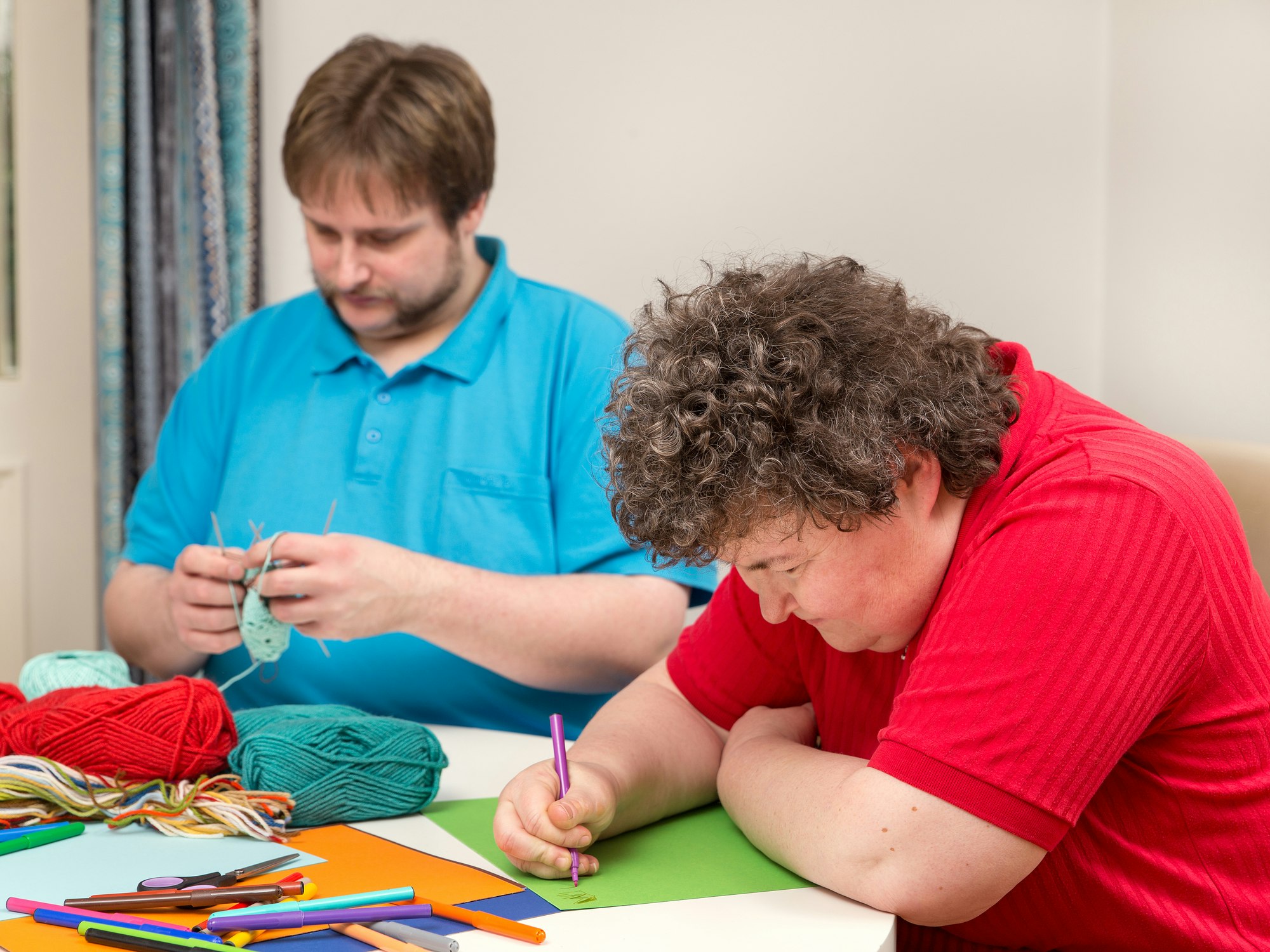NDIS supported living arrangements need urgent overhaul

Urgent changes need to be made to help support National Disability Insurance Scheme (NDIS) participants to live independently at home, according to a new report submitted to parliament.
The report presented by the Joint Standing Committee on the NDIS, a bipartisan committee tasked with investigating the implementation and performance of the NDIS, has flagged serious concerns about current Supported Independent Living arrangements (SIL).
SIL is a type of support funded under the NDIS, that offers assistance and supervision of daily tasks in the home to support participants to live as independently as possible.
Concerns highlighted include long delays, a lack of choice, the management of vacancies, and living arrangements.
The Committee made 45 recommendations to Government to overhaul the current SIL arrangements, with the focus remaining on “maximising choice and
control for participants and reducing unnecessary financial hardship for providers”.
The recommendations made by the Committee focus on improving access to SIL for participants and providers, and other issues including access to supports and advocacy.
Committee Chair and Liberal MP Kevin Andrews says, “The Committee appreciates that the NDIA (National Disability Insurance Agency) has made a number of enhancements to the SIL regime and has several further initiatives in [progress].
“However, several issues associated with access to and the delivery of SIL supports persist and some of these must be remedied as a matter of urgency.”
The Committee believes that SIL has the potential to deliver transformational benefits for NDIS participants but that currently, SIL was not living up to its promise.
Mr Andrews says, “The Committee has heard from submitters and witnesses that the current SIL regime is not living up to its promise and suffers from a number of issues with the potential to undermine choice and control for participants and to affect the viability of providers.
“This is of particular concern given the significant portion of total NDIS funding committed to SIL supports, and the fact that a substantial number of participants accessing SIL have higher or more complex needs.
“The recommendations aim to maximise choice and control for participants, consistent with the underpinning principles of the NDIS, and to minimise financial and other hardship for participants and providers.”
The Committee stressed the importance of making changes as, according to the NDIA, there will be approximately 26,000 participants in SIL arrangements by 30 June 2020. The number is projected to reach 34,000 by 30 June 2024.
In a submission, the NSW Trustee & Guardian explained how the lengthy delays in receiving approval for SIL funding is a cause for distress for people with disability.
“The lengthy delays in the approval process have caused distress and financial loss to some clients. In particular, clients who cannot be discharged from hospital without SDA (Specialist Disability Accommodation) and SIL funding may experience financial hardship during the approval process where they are incurring hospital fees.”
The NSW Trustee & Guardian added that the lack of funding is also likely to impact the Disability Royal Commission’s goal to remove all young people in residential care by 2022.
“Young people in residential aged care are also not able to exit their aged care facility without SDA and SIL funding and may be financially disadvantaged by the SIL approval process.”
For the latest updates on how COVID-19 is impacting the disability sector visit our dedicated COVID-19 information page.
What has your experience been with Supported Independent Living? Tell us in the comments below or send an email to [email protected].